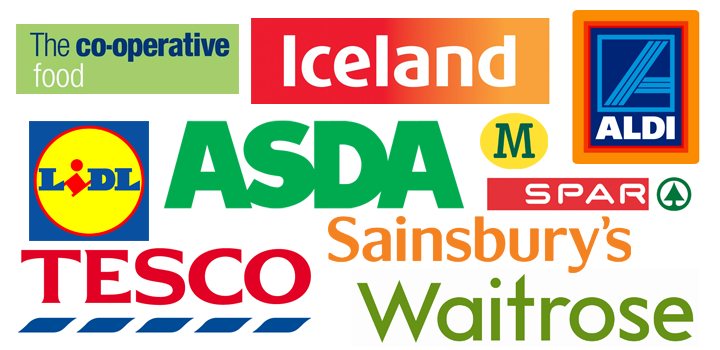
The property market in the UK has an array of different angles, different niches and one which has caught the mind of many real estate investors is the sale and lease back of supermarket properties. A report by Investment Property Databank and property consultant Colliers International confirmed that property deals incorporating supermarkets hit a record £1.8 billion in 2013 which was a 50% increase on the previous year. Indeed 2013 saw an increase of 5.8% in the value of properties held by the U.K.’s supermarket sector taking in favourites such as Tesco, Sainsbury, Morrisons, etc.
Many people may be surprised to learn that there is significant demand for sale and lease back arrangements in the UK supermarket sector. However, if you take a step back and look at the situation from a distance, it soon becomes clear why.
Quality properties in short supply
Over the last 20 years or so we have seen many supermarket giants in the UK acquiring large land banks to not only allow themselves to expand in the future but also stop competitors from doing likewise. While these large land banks did play a pivotal role in past expansion they are now seen by many people as dead money. As a consequence, some of the largest investment companies in the world are now looking towards the UK supermarket sector as a means of improving the quality of their lease investments.
Quote from PropertyForum.com : “If you are looking at any type of long-term investment, whether a pension plan or some kind of investment fund, there is no doubt that either directly or indirectly property will play a part.”
One of the major factors which prompted this growing interest is the fact that in general leases on supermarket properties tend to be twice that of standard retailers. So, not only does this give investors a more long-term income stream but the very fact that the major UK supermarket groups are fully capitalised means the risk of default reduces.
Total returns
The average annual return on retail properties is around 9.6% which increases to around 10.5% when taking in all elements of the UK property market. However, it is worth noting that the return on supermarket investments is currently around 11% year-on-year which is certainly very impressive by anybody’s standards. Indeed, while a number of the major supermarkets are looking to release capital by sale and lease back arrangement, it is worth noting that some large investment companies with exposure to this area are now selling on some of their supermarket property assets.
It will be interesting to see how this particular area of the UK real estate market performs in the short to medium term because the likelihood is that as fewer properties are available this could squeeze prices higher.
Conclusion
While many people automatically assume that the likes of Tesco, Morrisons, Sainsbury, etc own all of their stores outright, this is often not the case. In some ways an array of property assets which are unlikely to be used in the short to medium term can be seen as dead money especially by investors. As we have seen on numerous occasions, many stock market quoted companies will come under pressure from investors when capital investment is required to improve the medium to long-term situation.

